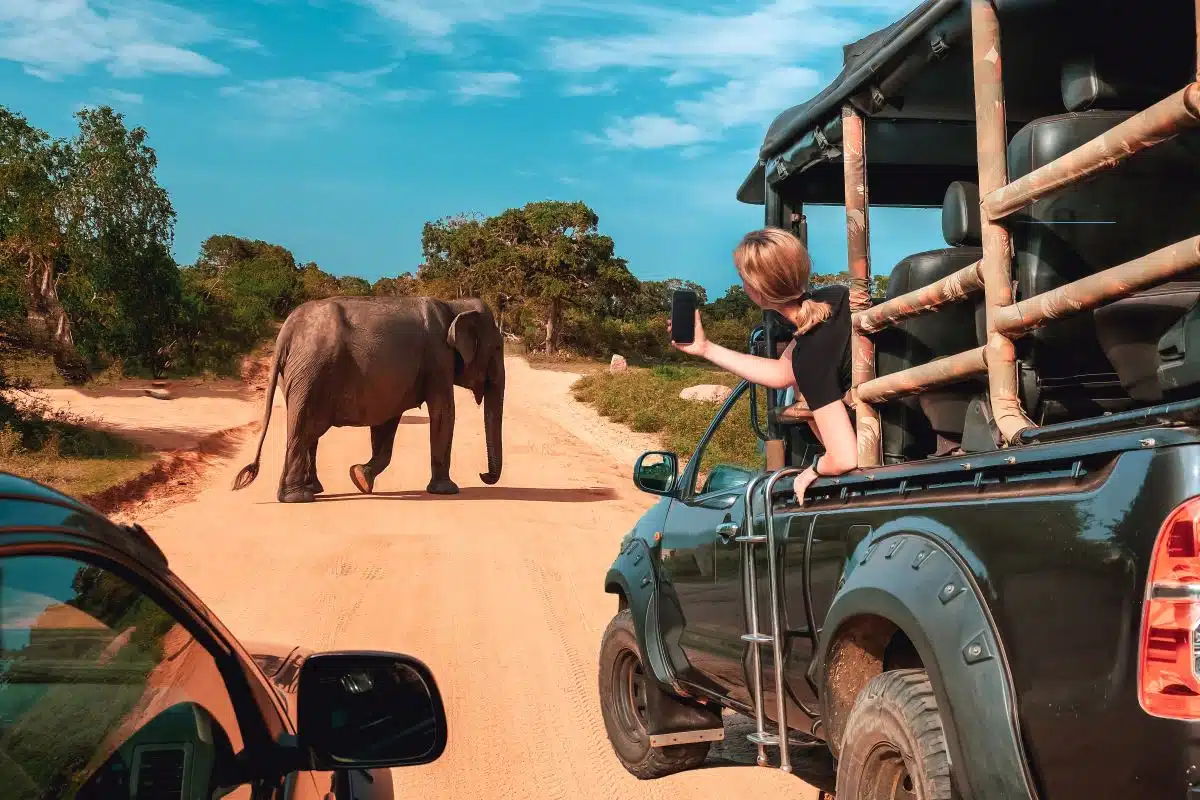The allure of Africa’s majestic wildlife draws millions of tourists each year, but beneath the surface of animal tourism lie darker realities that are often hidden from the public eye. Here are 20 shocking truths about the industry, shedding light on practices that need urgent attention and reform.
1. High Mortality Rates in ‘Conservation’ Breeding Programs
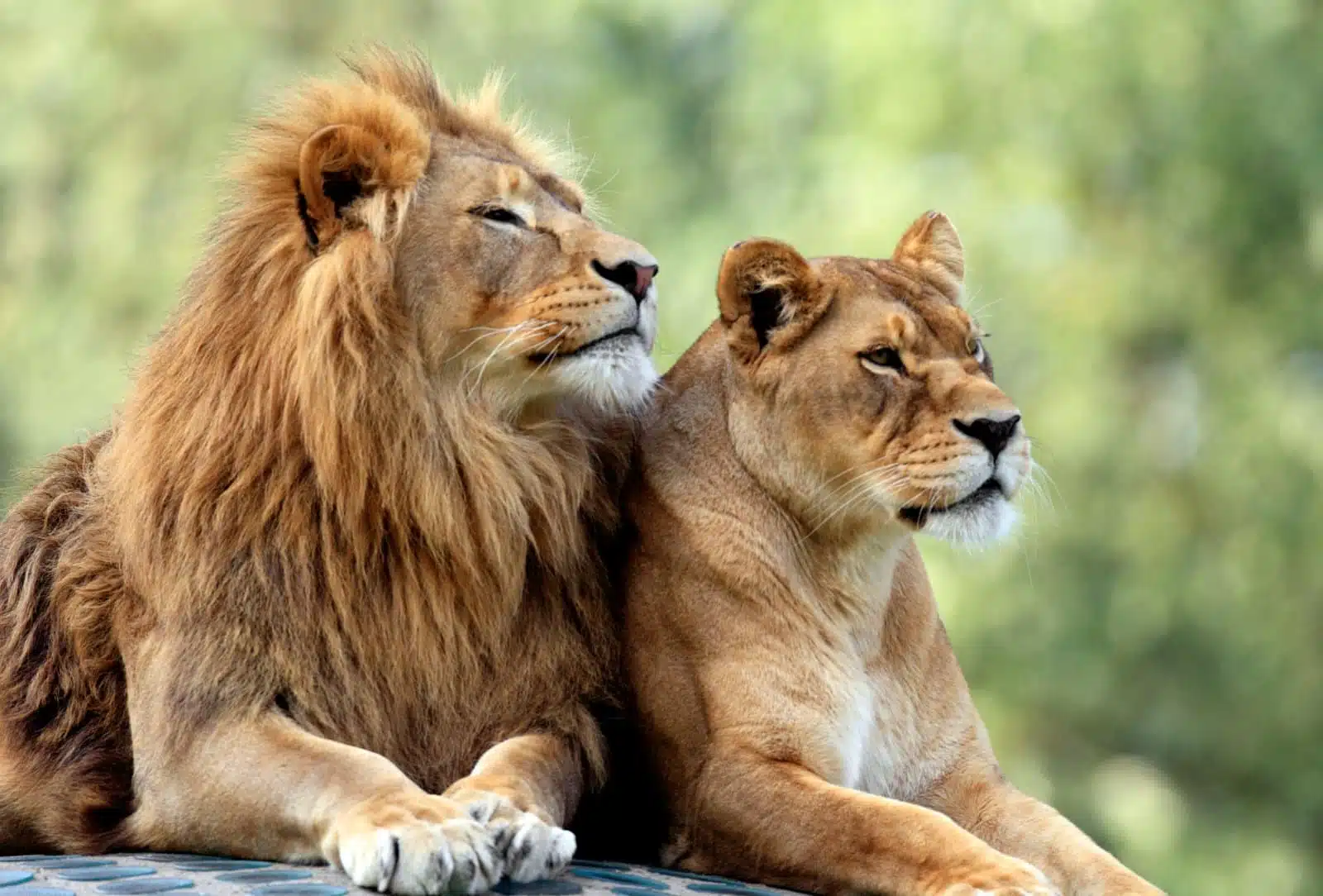
Image Credit: Shutterstock / ArtMediaFactory
In some alleged conservation programs, mortality rates for young animals like lions can be as high as 30%. These deaths are often not reported to keep the image of successful breeding.
2. Canned Hunting Practices
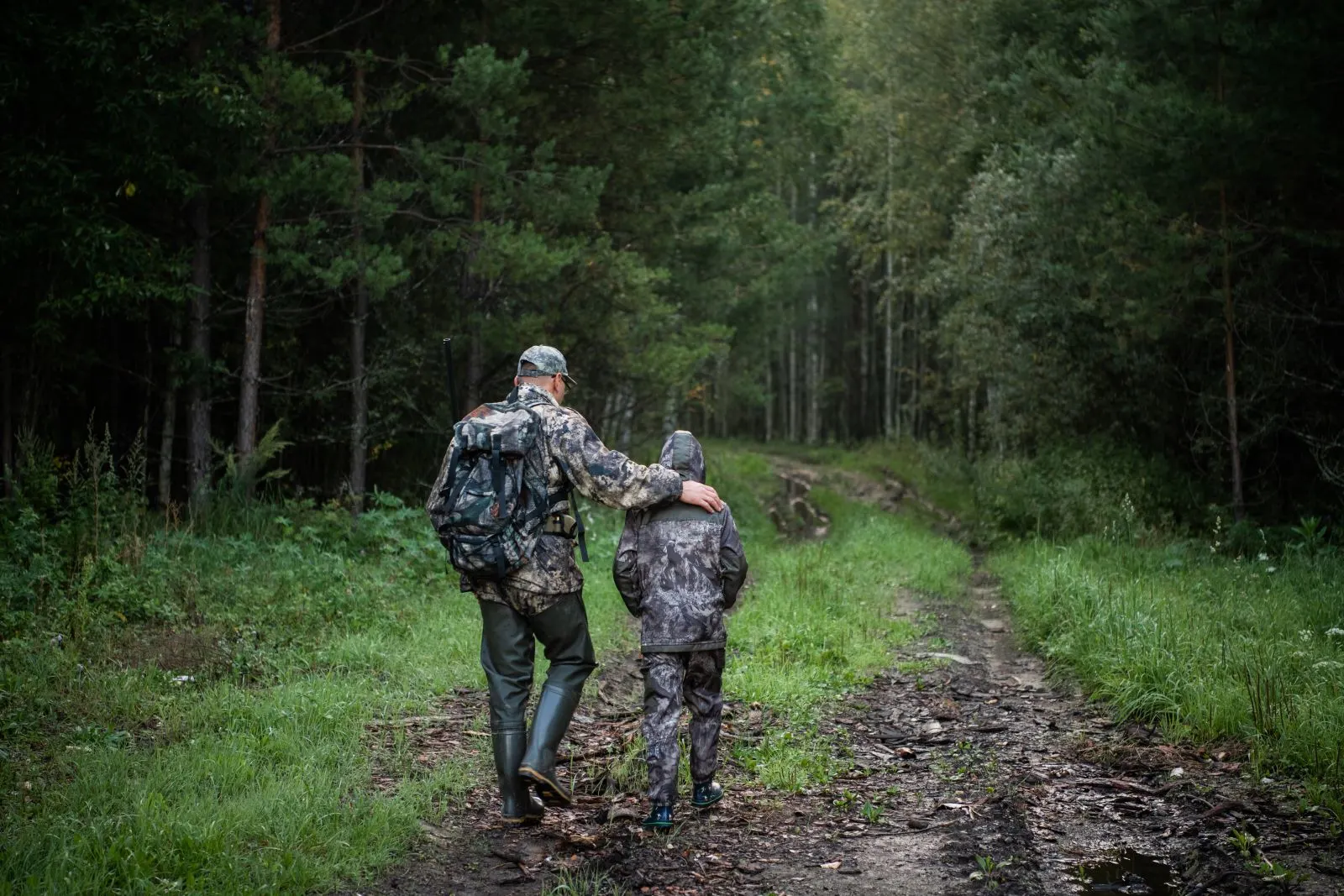
Image Credit: Shutterstock / Roman Kosolapov
Over 8,000 lions are held in captivity in South Africa for ‘canned hunting’, where animals are hunted in confined areas, unable to escape, making it easier for paying tourists to make a kill.
3. Elephant Rides and Spinal Injuries
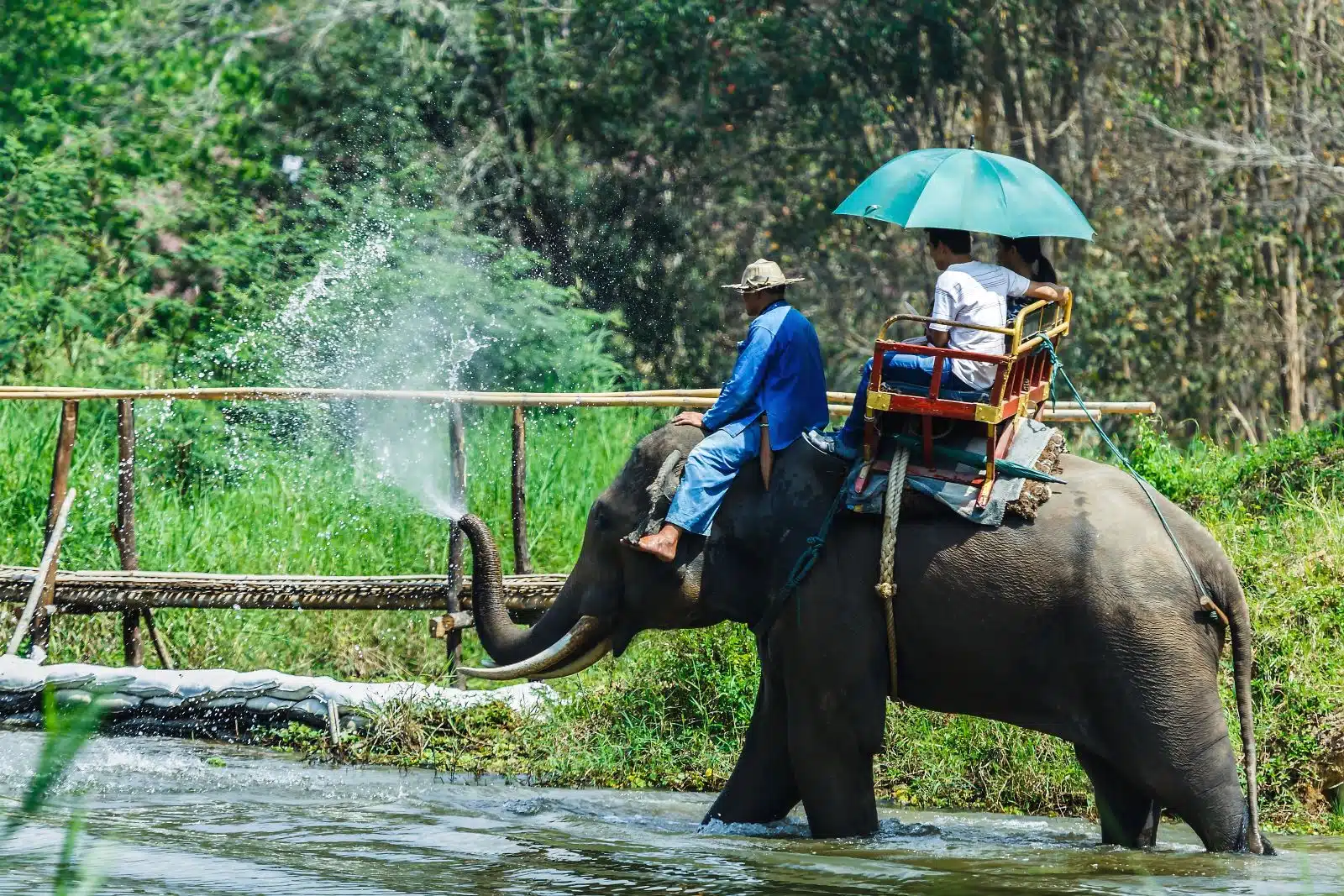
Image Credit: Shutterstock / boyphare
Elephants used for rides often suffer from severe spinal injuries due to the unnatural weight and positioning of carrying platforms, with many experiencing lifelong health issues.
4. Sedation for the Perfect Selfie
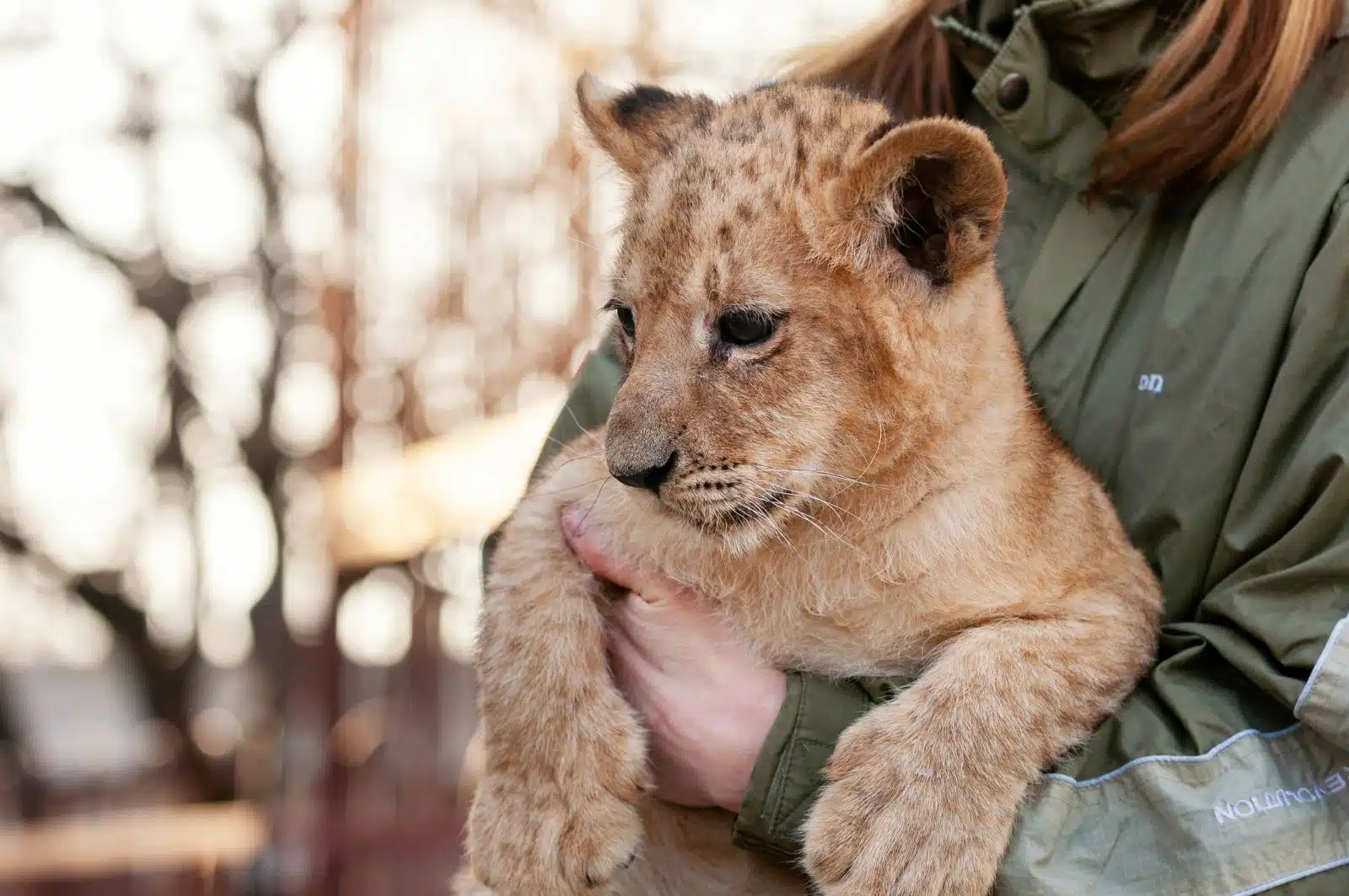
Image Credit: Shutterstock / WildlifeWorld
To ensure that wild predators like lions are docile for tourist selfies, many are sedated, compromising their health and long-term welfare.
5. The Dark Side of Volunteer Programs

Image Credit: Shutterstock / only_kim
Many volunteer programs that promise to help wildlife are actually exploiting the animals and the volunteers. Up to 70% of the money paid by volunteers does not go towards animal welfare.
6. Hyena Handlers and Illegal Betting

Image Credit: Shutterstock / Atstock Productions
In some regions, hyenas are captured and used for entertainment and illegal betting games, often leading to severe injuries or death for the animals involved.
7. Corruption in Wildlife Sanctuaries
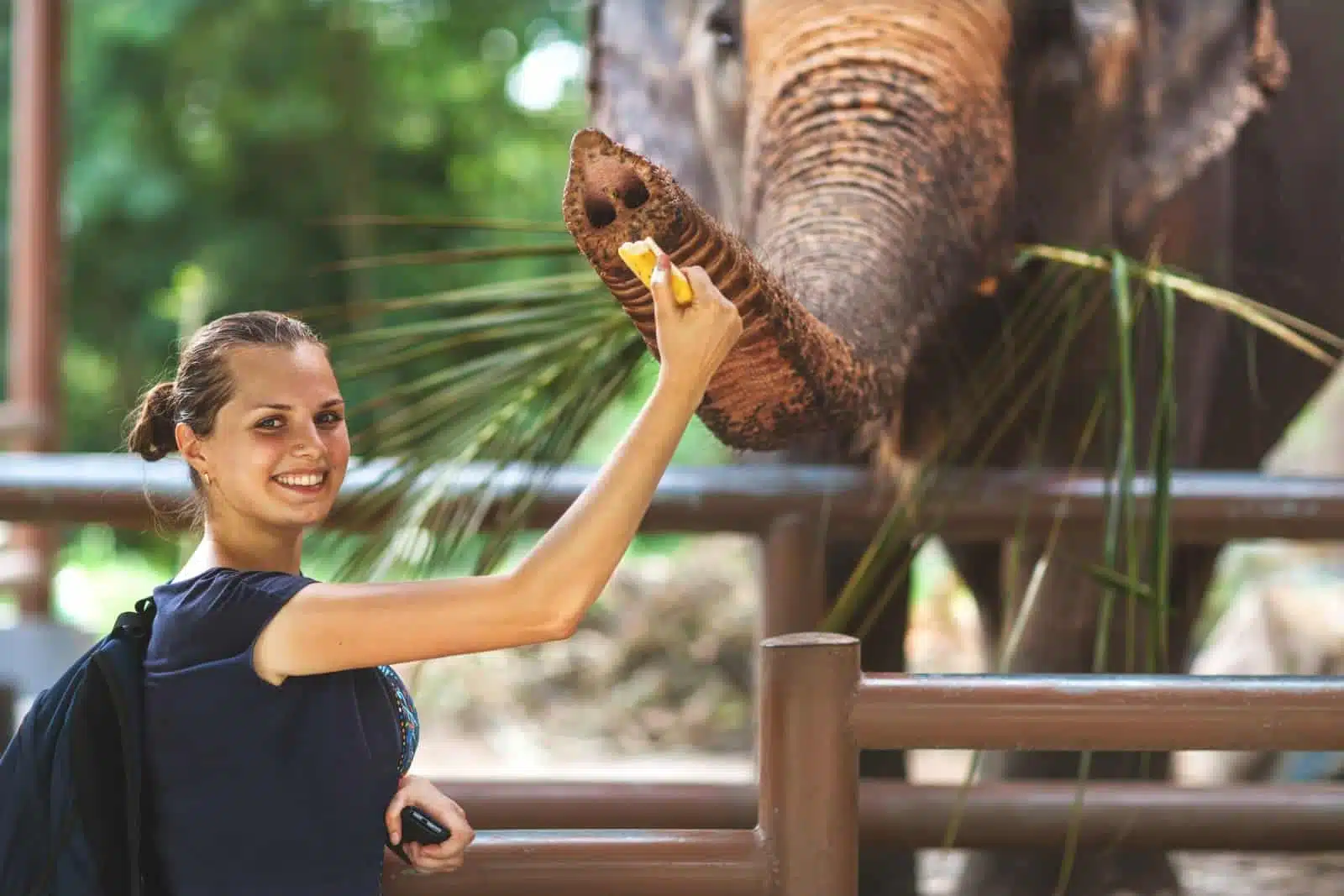
Image Credit: Shutterstock / Rock and Wasp
Several sanctuaries are actually fronts for poaching operations, with illegal activities hidden under the guise of conservation.
8. The Ivory Black Market
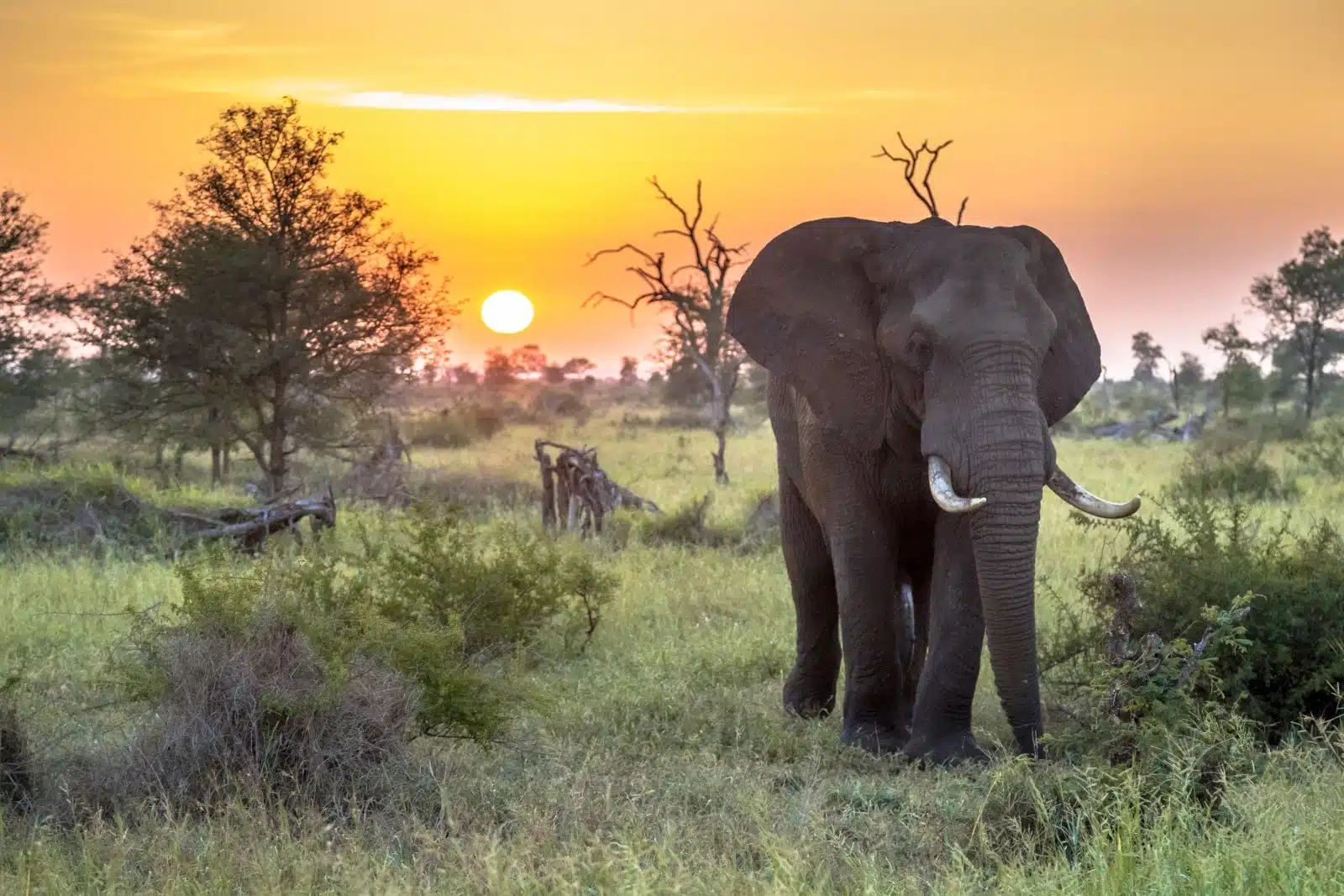
Image Credit: Shutterstock / Rudmer Zwerver
Despite international bans, the demand for ivory products among tourists continues to fuel poaching, with estimates suggesting that 20,000 elephants are killed each year.
9. Genetic Manipulation for Color Variants

Image Credit: Shutterstock / chomplearn
Wildlife parks are increasingly breeding animals like lions and tigers to produce rare color variants that attract more visitors, often leading to severe genetic defects.
10. Misuse of Conservation Funds

Image Credit: Shutterstock / Sergey Mironov
A significant portion of funds donated for wildlife conservation is mismanaged or embezzled, with little oversight on how these funds are actually spent.
11. Crocodile Farm Conditions
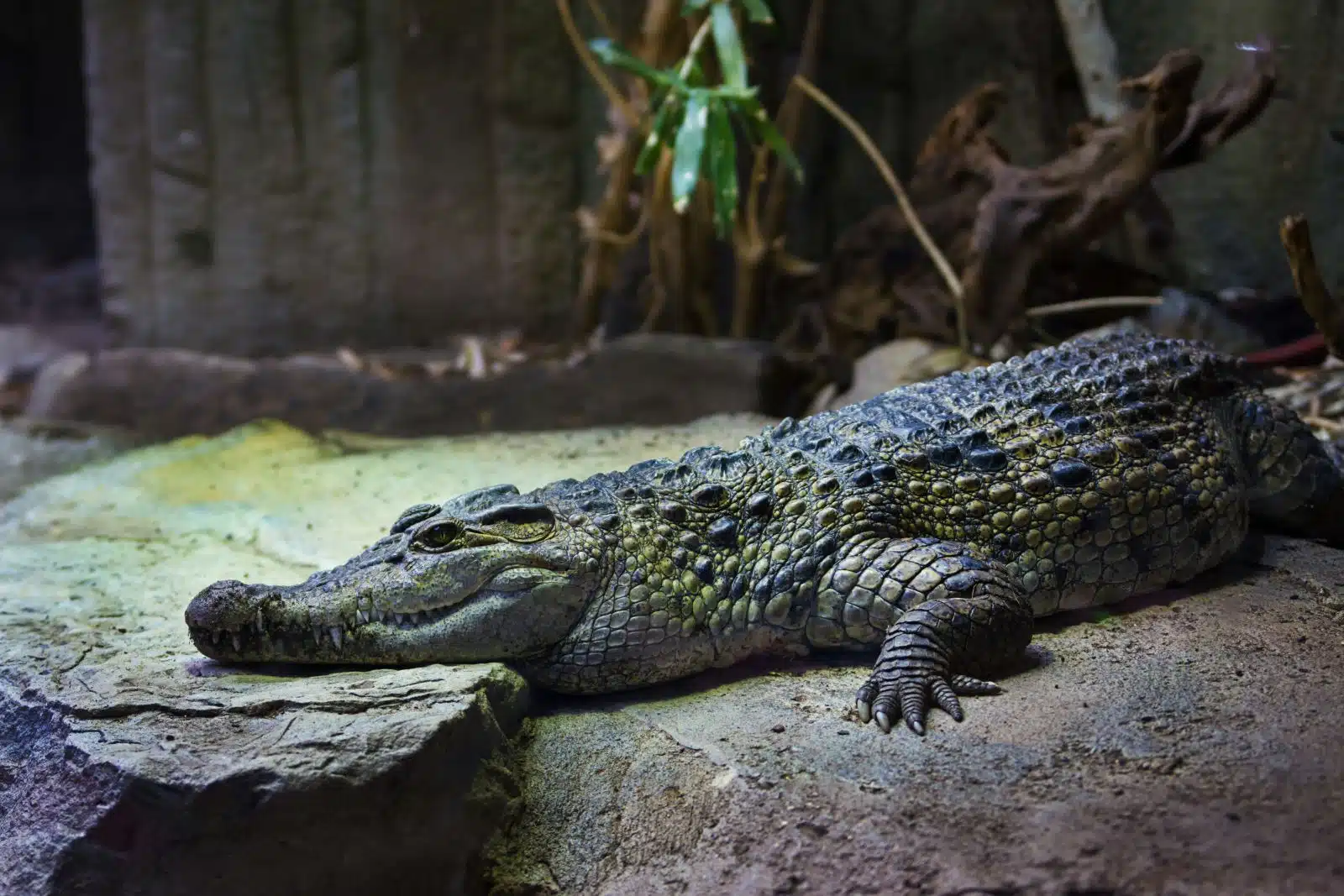
Image Credit: Shutterstock / Anna Moskvina
Crocodile farms, popular for leather goods, often keep animals in deplorable conditions, with thousands packed into small, unsanitary pools.
12. Debeaking and Declawing for Tourist Safety
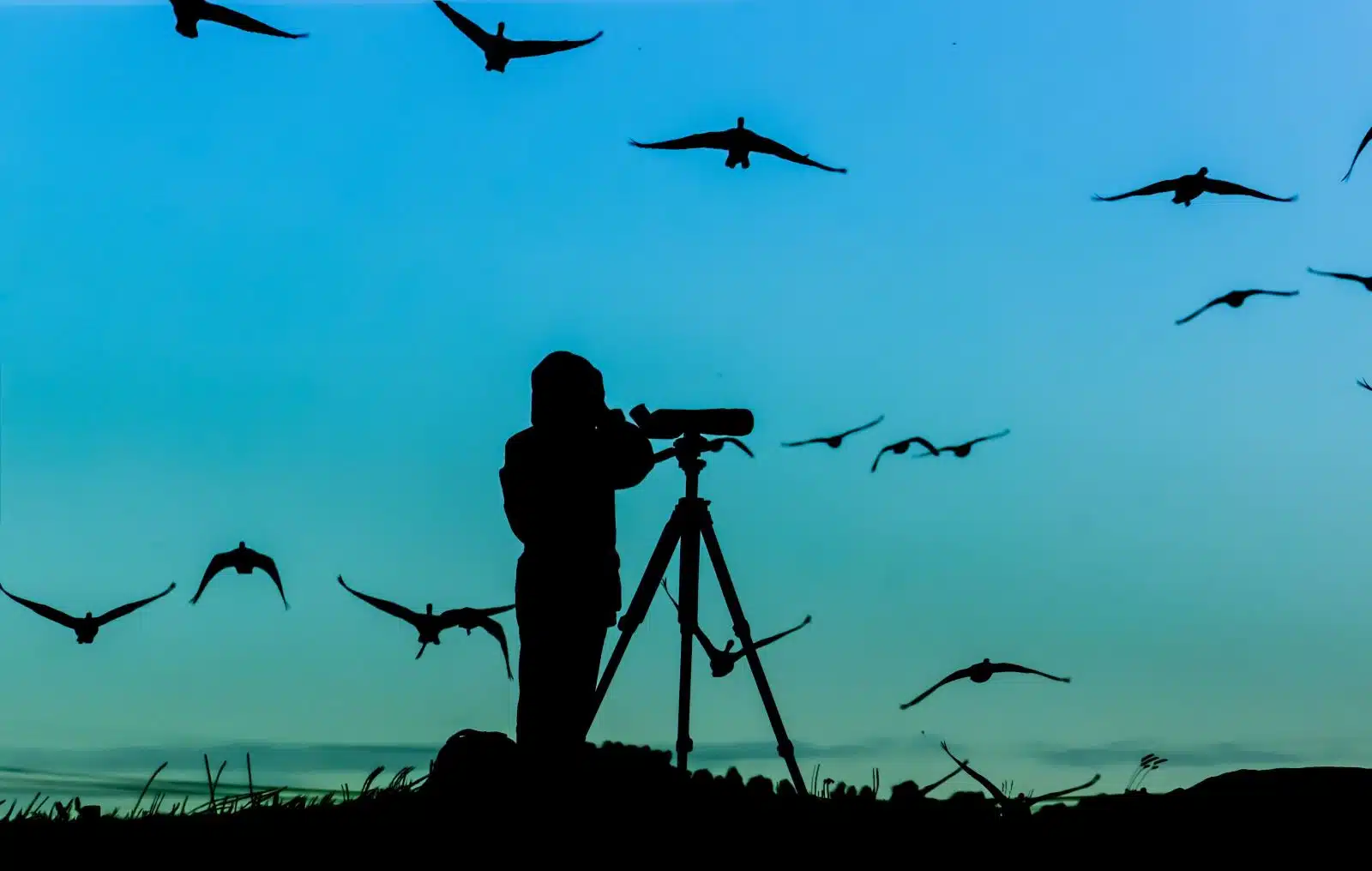
Image Credit: Shutterstock / Erkki Alvenmod
Birds and predatory animals are often debeaked or declawed to make them safer for tourist interactions, causing them lifelong pain and disability.
13. The Reality of Walking with Lions
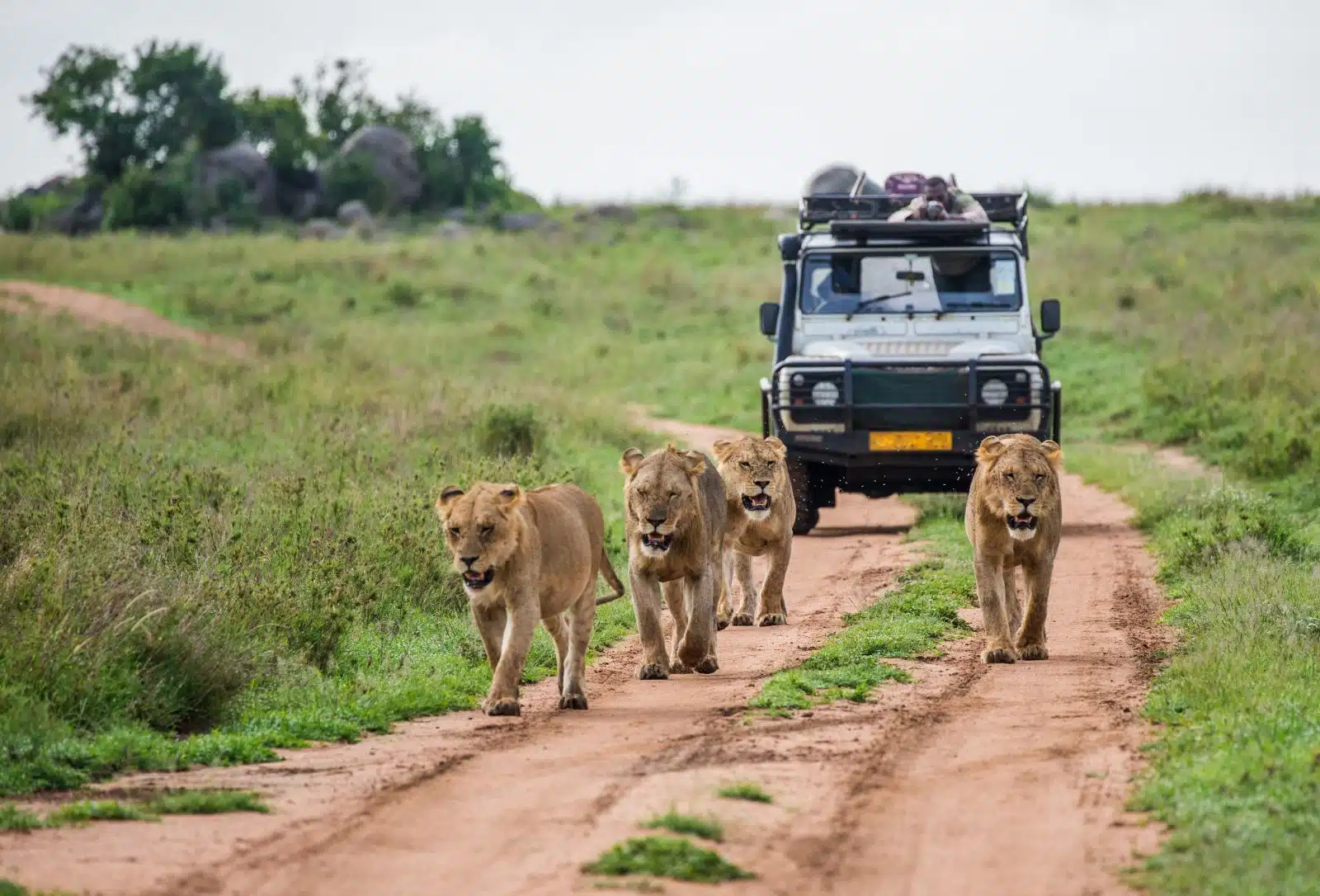
Image Credit: Shutterstock / GUDKOV ANDREY
Programs that offer walks with lions often remove the cubs from their mothers at a young age, leading to psychological distress and developmental issues.
14. Exploitation of Indigenous Peoples
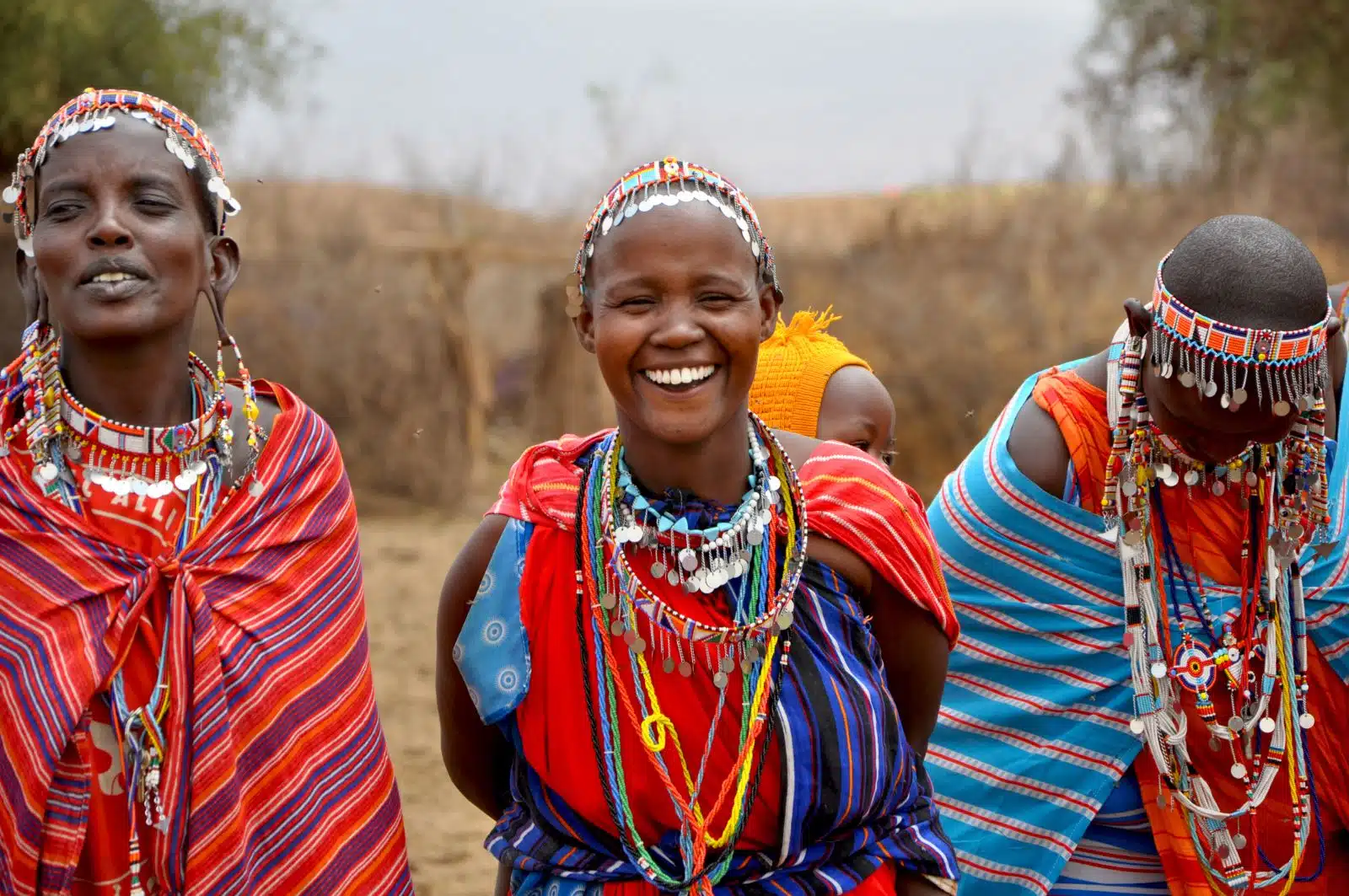
Image Credit: Shutterstock / Piu_Piu
Indigenous communities are frequently exploited for animal tourism, with little compensation or respect for their rights and cultural heritage.
15. Prince William and Prince Harry’s Advocacy

Image Credit: Shutterstock / Pete Hancock
Even global figures like Prince William and Prince Harry, who have publicly advocated for wildlife conservation, acknowledge the deep-seated issues and challenges within the animal tourism industry in Africa.
16. Rhino Horn Myths and Tourism
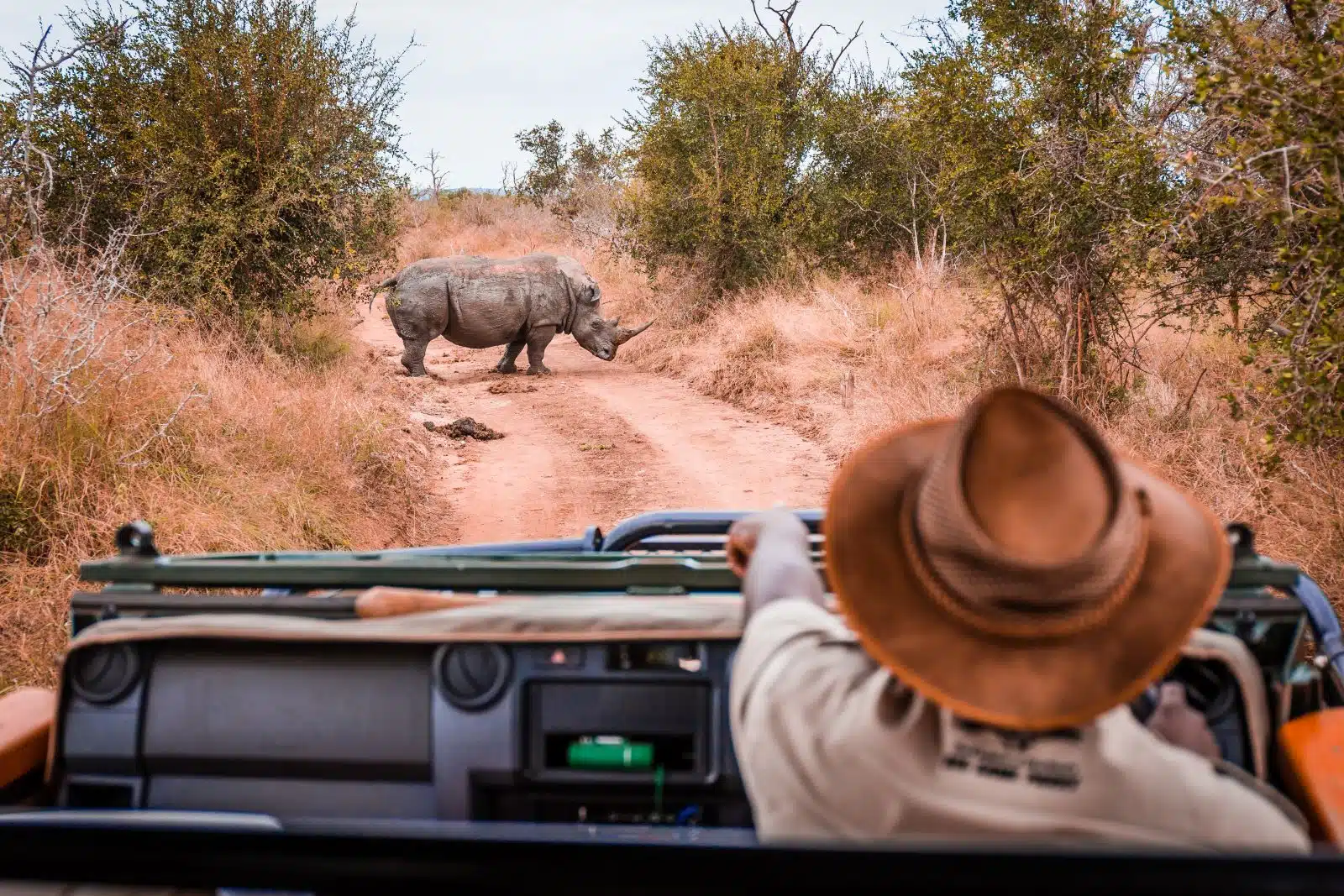
Image Credit: Shutterstock / Marek Duransky
The myth perpetuated among tourists that rhino horns have medicinal properties continues to drive poaching, despite scientific evidence to the contrary.
17. Bushmeat Sold as Souvenirs

Image Credit: Shutterstock / Motortion Films
In some markets, illegal bushmeat is sold to unsuspecting tourists as exotic souvenirs, contributing to the decline of species like chimpanzees and gorillas.
18. Fake Rescue Operations
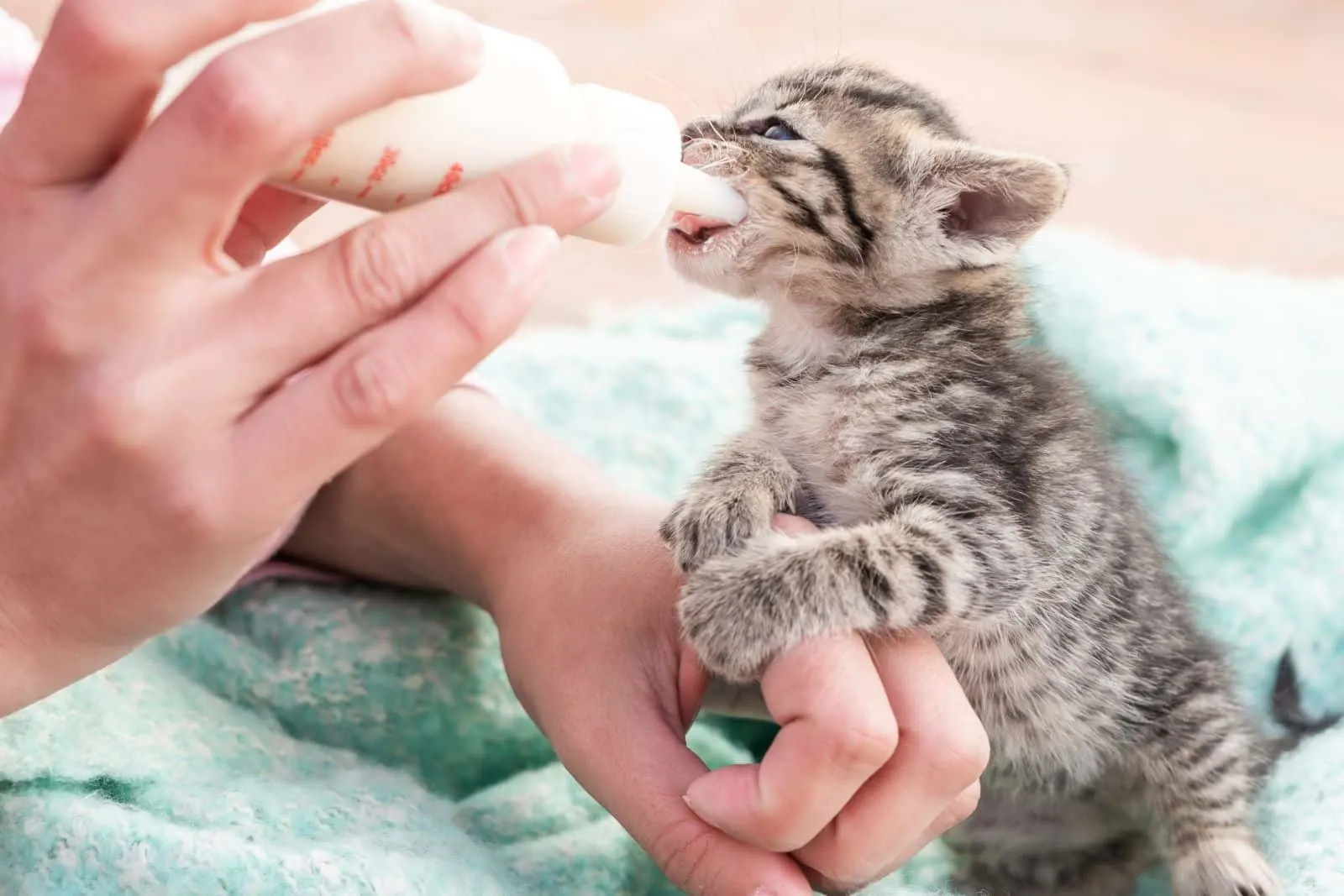
Image Credit: Shutterstock / J.A.CALA
Some operations claim to rescue animals while actually breeding them for profit, deceiving tourists who believe they are supporting legitimate sanctuaries.
19. Marine Life Harassment
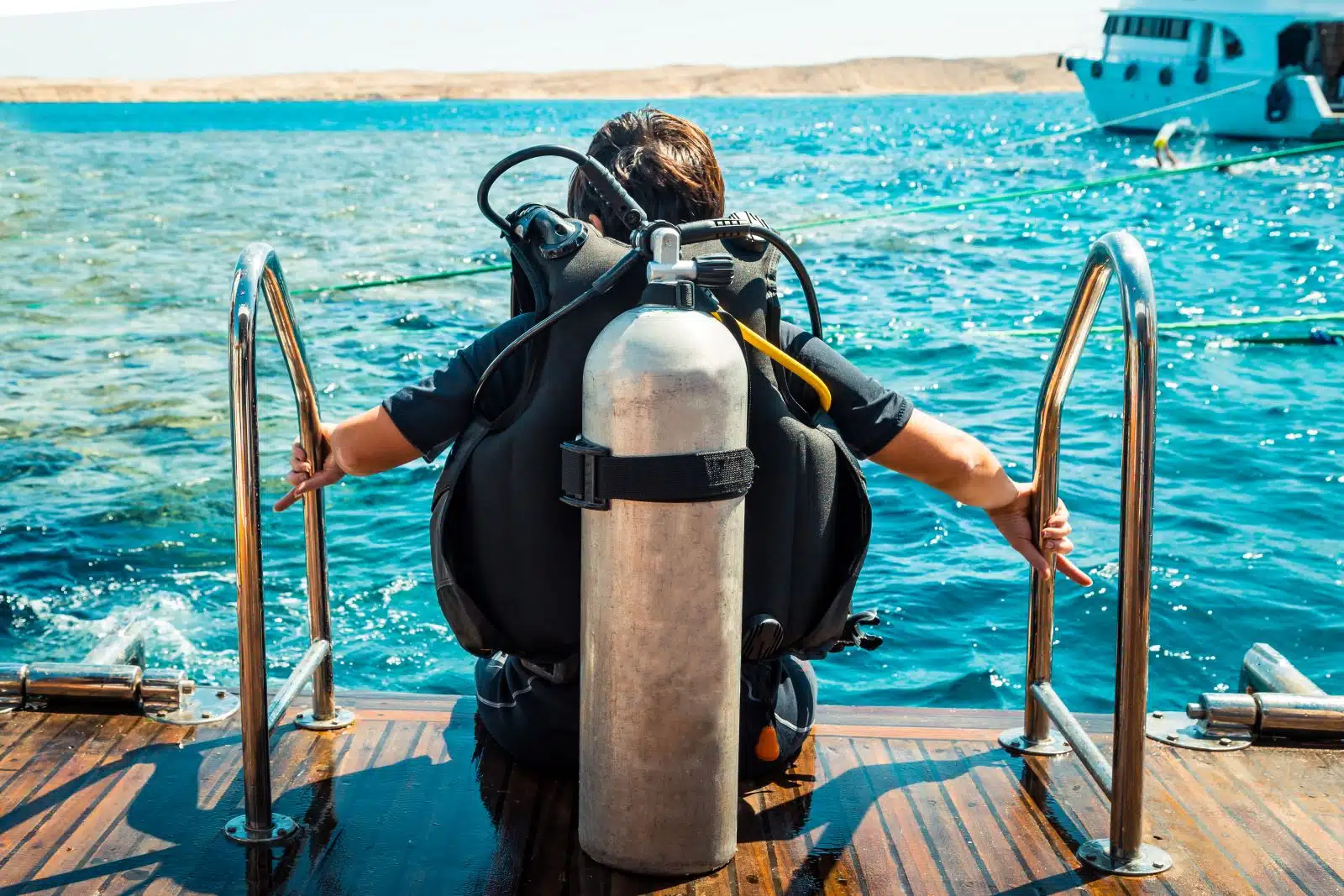
Image Credit: Shutterstock / Iren Key
Activities like shark cage diving can alter natural behaviors, with sharks learning to associate humans with food, which can have dangerous consequences.
20. Wildlife Habituation and Human Conflict
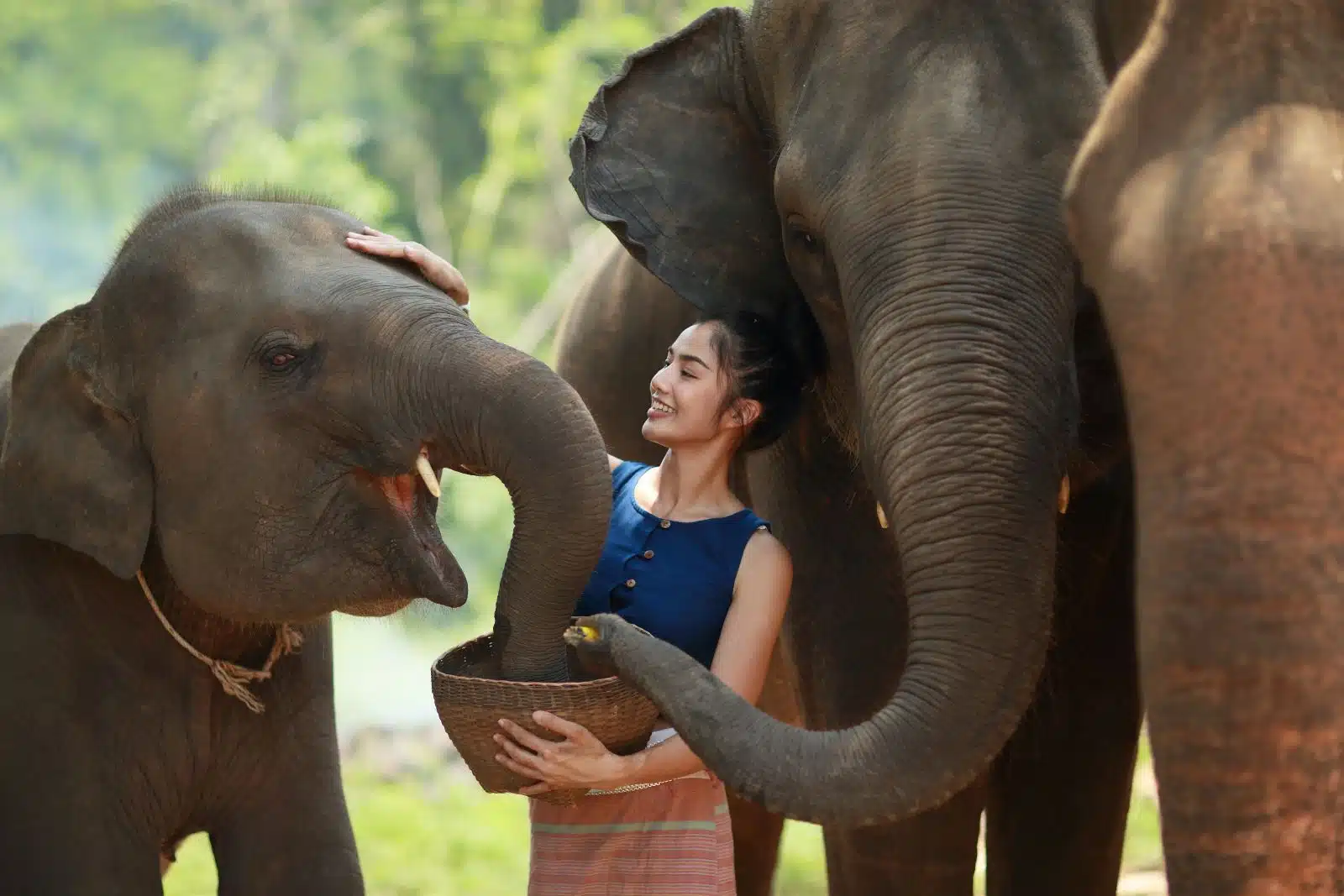
Image Credit: Shutterstock / Suphalak Rueksanthitiwong
Animals habituated to human presence through tourism are more likely to venture into villages in search of food, leading to conflicts and often lethal outcomes for the animals.
More From The Green Voyage
Top 10 Trending Travel Destinations 2024
6 Essential Banking Apps for International Travel – Managing Your Finances on the Go
Traveling With Kids – 10 Tips to Create Memorable Family Holidays
The post – first appeared on The Green Voyage.
Featured Image Credit: Shutterstock / Shyntartanya.
For transparency, this content was partly developed with AI assistance and carefully curated by an experienced editor to be informative and ensure accuracy.
Tips for Trip Success
Book Your Flight
Find an inexpensive flight by using Kayak, a favorite of ours because it regularly returns less expensive flight options from a variety of airlines.
Book Your Hotel or Special Accommodation
We are big fans of Booking.com. We like their review system and photos. If we want to see more reviews and additional booking options, we go to Expedia.
You Need Travel Insurance!
Good travel insurance means having total peace of mind. Travel insurance protects you when your medical insurance often will not and better than what you get from your credit card. It will provide comprehensive coverage should you need medical treatment or return to the United States, compensation for trip interruption, baggage loss, and other situations.Find the Perfect Insurance Plan for Your Trip
